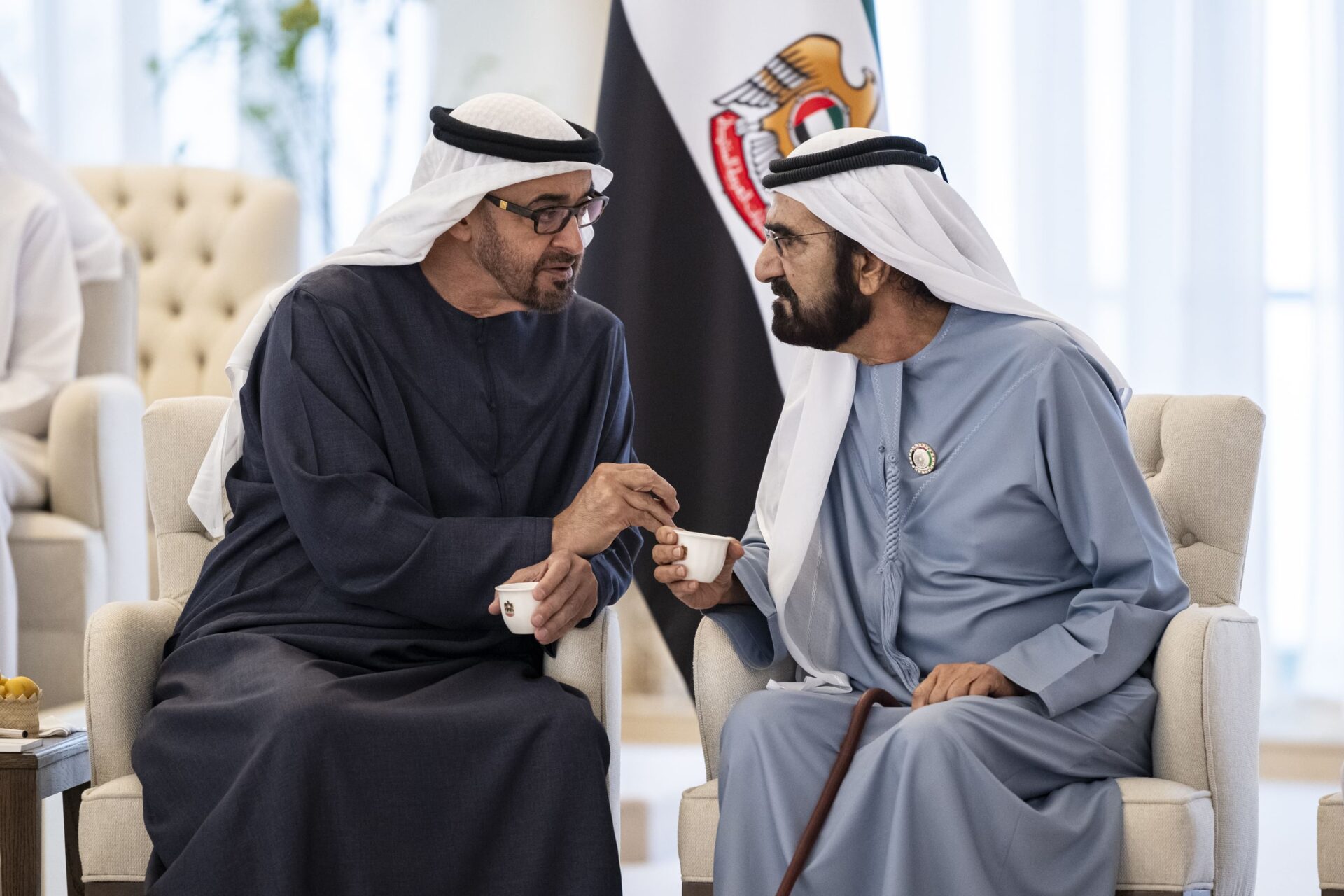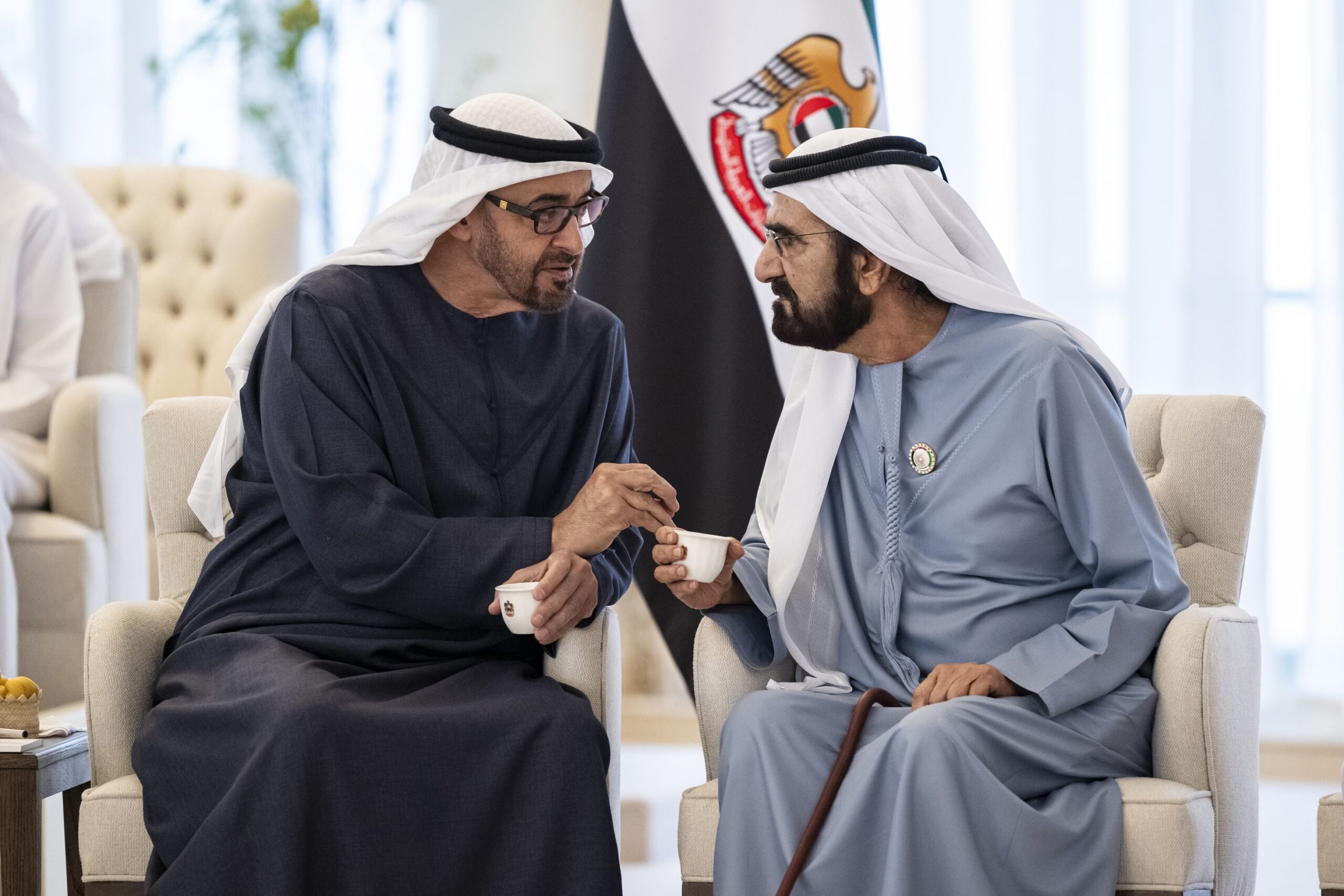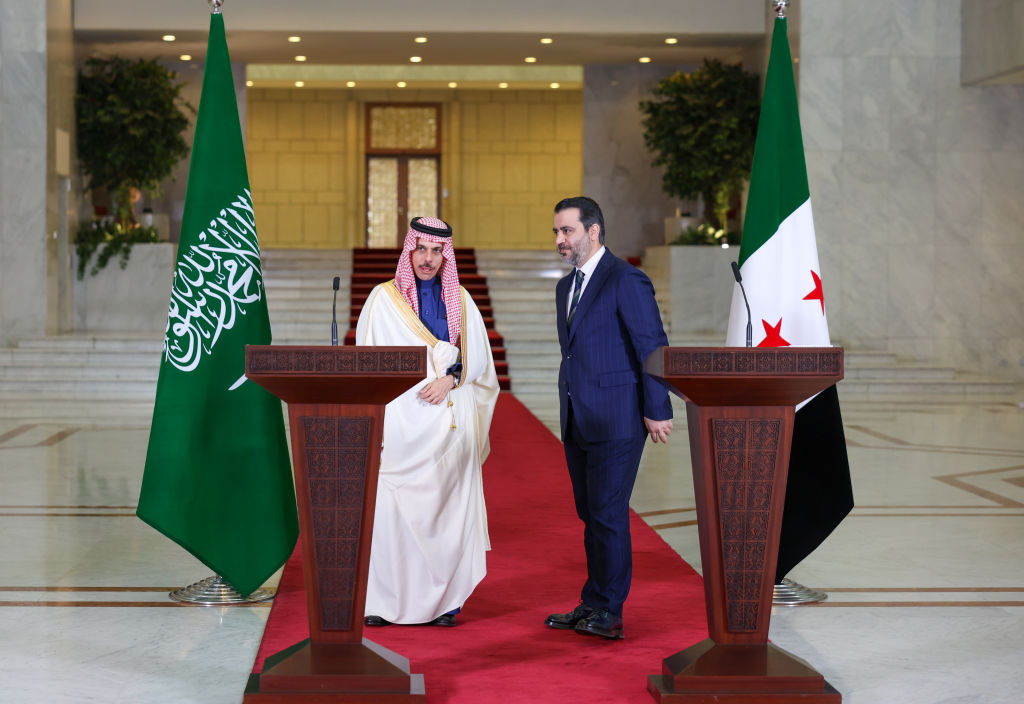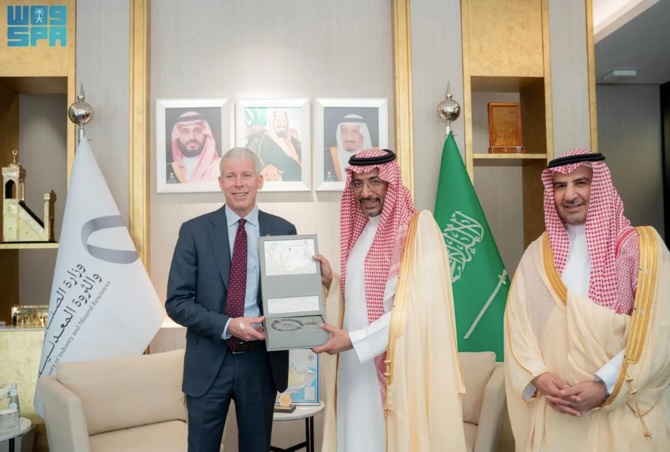In an interview with The Circuit, Microsoft's Chris Papaphotis discusses how the company is tailoring its AI products to Arabic-speaking customers

Mustafa Khan
Microsoft's Chris Papaphotis at the Copilot+ launch event this week in Dubai
Microsoft, which invested $1.5 billion last year in Abu Dhabi’s G42 artificial intelligence firm, is rolling out new AI products tailored to customers across the Middle East and Africa.
Overseeing the campaign is Chris Papaphotis, who was in the UAE this week to launch the company’s Copilot+ series of Surface PCs, which integrate so-called “edge” AI technology that runs on users’ computers rather than on distant cloud-based servers.
“AI gets born in the cloud, but it will be used in the edge,” Papaphotis said in an interview with The Circuit.
The new PCs have been adapted to the region’s business and government market with bolstered Arabic-language capacities, said Papaphotis, 53, who started with Microsoft almost 30 years ago in his native Greece. Now he covers 109 countries as Senior Director for Central Europe, the Middle East and Africa of Device Partner Sales.
Microsoft, the world’s second-largest company after Apple, plans to invest approximately $80 billion globally this year in AI-enabled data centers, which include facilities in Saudi Arabia, the UAE and South Africa.
The firm is also a co-investor with BlackRock and Abu Dhabi’s MGX in the Global AI Infrastructure Investment Partnership, which launched last September with the goal of raising $100 billion in private equity capital.
The interview with Papaphotis has been edited for length and clarity.
Where are Microsoft’s investments concentrated now in the Middle East and Africa region?
Both in the cloud and on the edge. It’s an area that we are interested in. As you know, we have strategic relationships with G42, for example, significant investments from Microsoft as well, as well as investing in data centers across the region — Saudi Arabia, South Africa, and so forth. It is something that Microsoft invests heavily in. We know that the Middle East and Africa are opportunities for us. It’s great to see the governments being so interested because they understand that this is a kind of technology that, by investing now, you can leapfrog and shape the future. For example, creating Arabic LLMs (large language models), is really a keystone for that.
Why is edge AI becoming so important to the company?
Today, AI is a technology that was born in the cloud. It means that there was a lot of data and what we call the large language models that have been compiled through very huge data centers. We all know about the big investments in this area. Currently, a lot of people experience AI through this lens, meaning that you go, let’s say, to ChatGPT or Co-Pilot, and you ask a question, then it goes up in the cloud, and it crunches it. However, people understand that as we move along, AI will become much more of a personal assistant. And in order to really unlock the value that it can bring to you, it needs to have access to personal details. For reasons of privacy and security, it makes a lot of sense to actually have it on the edge. So maybe it’s a long-winded answer saying that AI gets born in the cloud, but will be used in the edge. And a lot of computing needs to exist in the edge to be able to do this for you and become very personalized and to suit your needs.
Q: What are the biggest opportunities and challenges you see for combining cloud and edge?
The truth of the matter is that there is really a generational shift in technology. AI is here to stay. It’s not like something that is just a fad. It will truly ingrain every single thing we do in our lives, from self-driving cars to AI agents, that we will be able to command and have tens or hundreds of them for personal or work tasks to enhance human productivity. I think we’ll look back in history and say this is great. Of course, it does take a responsible way to use it. It still has some limitations – for example, hallucinations and producing results that are not accurate. It’s important for us to understand how to use it properly to our benefit and understand the limitations so that we can sidestep them and have them under control. That’s why in Microsoft, we call them Co-Pilot. We feel that humans should always be pilots, and then there should be co-pilots next to us, giving us assistance, but we should always maintain control.
How has the experience of working for Microsoft changed over your three decades with the company?
I mean, it’s crazy. Honestly, I feel that it’s like working for a startup, although I have been working for so many years. And the reason is that in a startup, you have the sense of possibilities of something new that the whole world can actually see. If you think about it, we started with a vision of having one PC on every desk, and now it’s one AI per person across the world or even multiple ones depending on the different roles that you have. I think we’re just in the very beginning. Things have evolved tremendously, and to be quite honest, it’s part of the excitement that we don’t know where it’s going to lead us, but for sure there are going to be infinite possibilities.




























